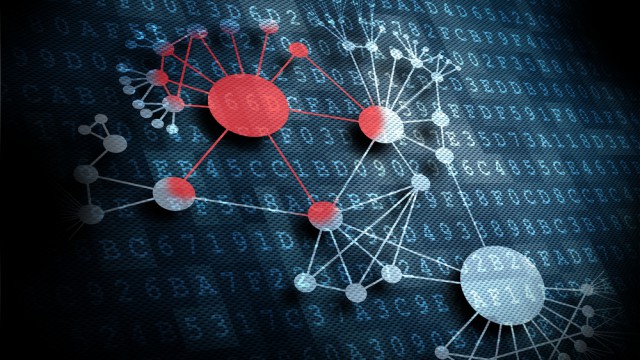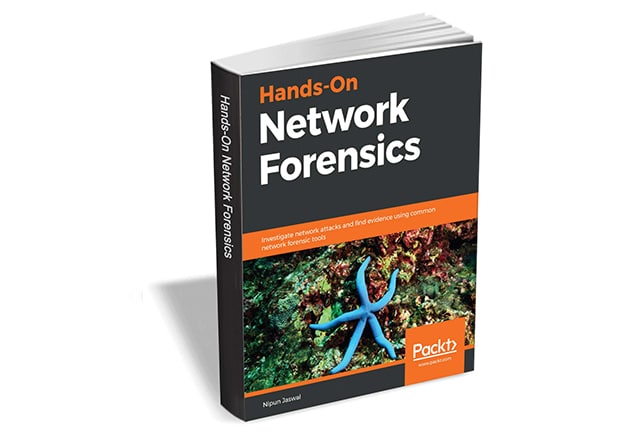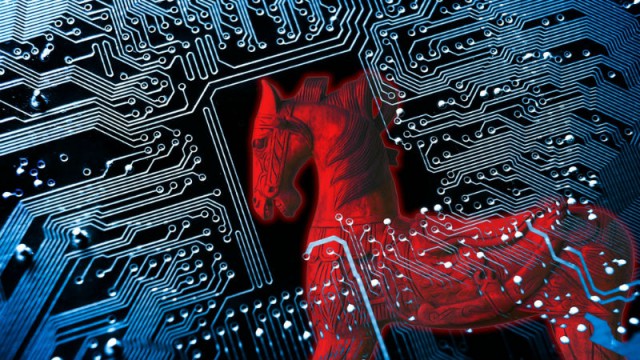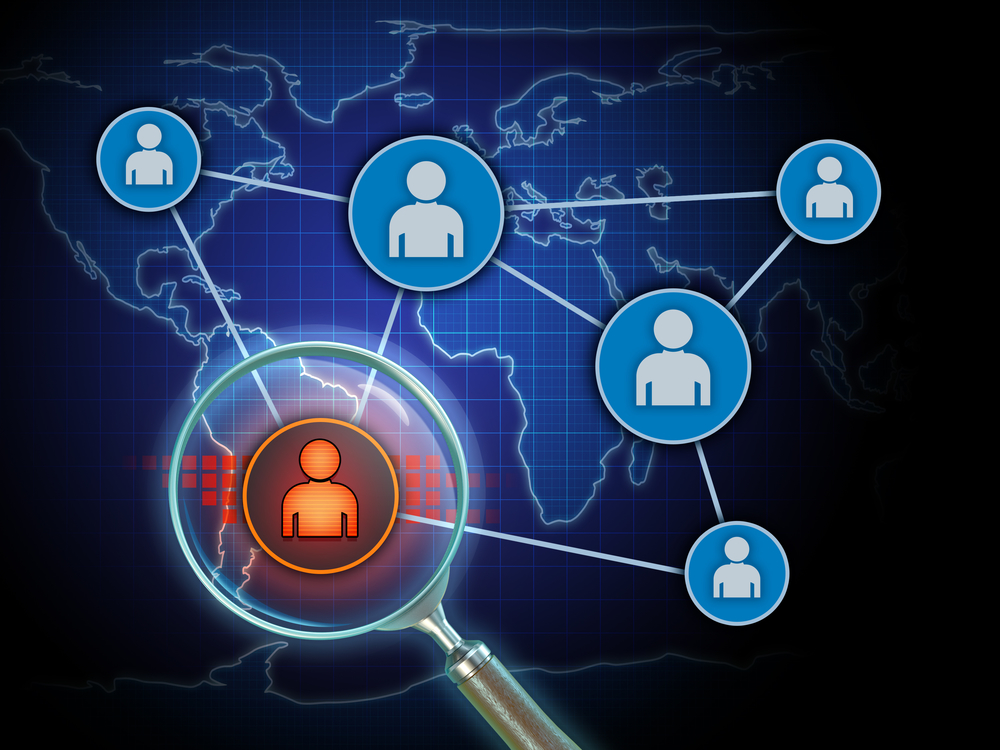
Malwarebytes 4.0 unveils the promise of better zero-day detection, 50 percent less CPU usage
Malwarebytes has released a major new version of its eponymous anti-malware tool: Malwarebytes 4.0 is available now as a free and premium version for both Windows and Mac.
The new version unveils a major redesign with a look towards the minimalist. This reflects the promise of a much smaller footprint -- 50 percent less impact on the CPU during scans -- and associated performance gains. Malwarebytes 4.0 also unveils a brand new detection engine.

What are cyber threats?
A cyber threat is basically any type of threat that is computer related in nature. To be clear, a computer could be a desktop computer, a laptop, a tablet or even a smartphone. All of these devices have particular types of threats that they can be exposed to that users need to be aware of to ensure that they can protect themselves and their confidential information.
Given the number of different types of devices that can be exposed to cyber threats, there are a number of different types of issues that can present themselves. Each of these threats is unique in its own right and poses a different type of issue for the user, but typically they all have the same end result… the impacted system is somehow compromised and the user, or the user’s information, is placed at risk. While the list below is extensive, it is not all inclusive. There are far too many types of threats out in the wild of the Internet to list in one article. What I do hope to do is to list those that are most prevalent and give the reader a good overview of what the threat is and how it is often used to do damage to both home and corporate networks.

Modified PcShare backdoor replaces Windows Narrator to gain full control of systems
Security researchers have discovered a modified version of the open source backdoor PcShare which seems to originate from a Chinese advanced persistent threat (APT) group.
The malware has been used to target technology firms, and it is deployed via side-loading by a legitimate NVIDIA application. As part of the attack, a Trojanized version of Windows' Narrator screen reading tool is used to gain remote access to systems without the need for credentials.

Sneaky cryptocurrency-mining malware Skidmap hits Linux
Security researchers at TrendMicro have discovered a rootkit-like strain of malware that is striking Linux users. Called Skidmap, the malware is a cryptocurrency miner, but there is much more to it than that.
Skidmap is clever. Very clever. It goes out of its way to disguise itself, going as far as faking system statistics to hide the tell-tale high CPU usage that might give it away. More than this, the Monero-mining malware can also give attackers unlimited access to an infected system.

Get 'Hands-On Network Forensics' ($20 value) FREE for a limited time
Network forensics is a subset of digital forensics that deals with network attacks and their investigation. In this era of network attacks and malware threats, it’s now more important than ever to have skills to investigate network attacks and vulnerabilities.
Hands-On Network Forensics is not only your ticket to gaining basic skills in network forensics, but also learning how to apply them effectively.

Trojans account for more than 70 percent of opportunistic email attacks
Analysis by Mimecast of 67 billion attack emails between April and June this year reveals that opportunistic attacks are dominated by Trojans, which make up 71 percent.
Targeted attacks are lower in volume but are specifically designed to get past commodity malware scanners by using newly detected or updated malware not detectable with file signatures.

The evolution of Emotet: How to protect your network
With over 350,000 new malware samples emerging every day, it’s difficult for any one strain of malware to make a name for itself. Any single malware sample whose name you know -- be it Mirai, WannaCry, or NotPetya -- speaks to a trail of devastation.
In 2019, people are also hearing another name: Emotet.

Banking malware grows as cryptominers decline
The latest mid-year Cyber Attack Trends Report from Check Point shows mobile banking malware attacks are up 50 percent compared to the first half of 2018, while the number of organizations hit by cryptominers is down to 26 percent, from 41 percent last year.
Among the top banking malware variants are Ramnit (28 percent), a Trojan that steals banking credentials, FTP passwords, session cookies and personal data; Trickbot (21 percent), which first emerged in October 2016; and Ursnif (10 percent) a Trojan that targets the Windows platform.

Emotet botnet down for maintenance
June's Global Threat Index from Check Point reveals that the botnet behind the Emotet banking Trojan has been inactive for most of the month.
Check Point's researchers believe that Emotet's infrastructure could be offline for maintenance and upgrade operations, and that as soon as its servers are up and running again, it will be reactivated with new, enhanced threat capabilities.

BitDefender releases free decryption tool for GandCrab ransomware
Security firm BitDefender has teamed up with the FBI, Europol and other agencies and created decryption software that enables ransomware victims to get their data back for free.
The tool can be used to retrieve files encrypted by the GandCrab family of ransomware which is thought to have originated in Russia. GandCrab has been active for around a year and a half, and hundreds of thousands of people have fallen victim to it.

Organizations urged to patch for BlueKeep as latest malware charts are revealed
Check Point Research, has released its Global Threat Index for May 2019 and is warning organizations to check and patch for the BlueKeep Microsoft RDP flaw in Windows 7 and Windows Server 2008 machines, to prevent the risk of it being exploited for ransomware and cryptomining attacks.
BlueKeep affects nearly a million machines accessible to the public internet and many more within organizations' networks. The vulnerability is critical because it requires no user interaction in order to be exploited. RDP is already an established, popular attack vector which has been used to install ransomware.

Dark net malware becomes more targeted
The dark net has become a haven for custom-built, targeted malware, with threats tailored to specific industries or organizations outnumbering off-the-shelf varieties by two to one, according to a new study.
The research from application containment company Bromium also finds four in 10 dark net vendors are selling targeted hacking services aimed at FTSE 100 and Fortune 500 businesses.

Undetectable HiddenWasp backdoor malware hits Linux users, allowing for full control of infected systems
Using code from the famous Mirai worm and the Azazel rootkit, HiddenWasp is a newly discovered malware strain targeting Linux systems.
HiddenWasp is slightly unusual in having Linux in its sights, and the targeted remote control tool is able to avoid detection by all major antivirus software. The malware is described as "sophisticated" as it comprises a deployment script, a trojan and a rootkit. This an advanced backdoor attack tool that allows for complete remote control of a system.

Kodi alternative Mobdro steals users' Wi-Fi passwords, seeks to access shared media and installed apps
Mobdro is a streaming app that can be installed on any Android device, including phones, tablets, Amazon's Fire TV Stick, and Google's Chromecast. It has been gaining in popularity for a while now, especially after all the negative press surrounding rival service Kodi.
However, Mobdro is now facing controversy of its own after a new malware report made a number of damning claims about it.

Email threats become more focused and malware gets harder to detect
Spam emails containing malware significantly dropped in 2018, to just six percent, down from 26 percent in 2017. But at the same time malware is becoming more sophisticated and harder to detect.
These are among the findings of the latest Global Security Report from Trustwave. The largest single category of malware encountered is downloaders at 13 percent.
